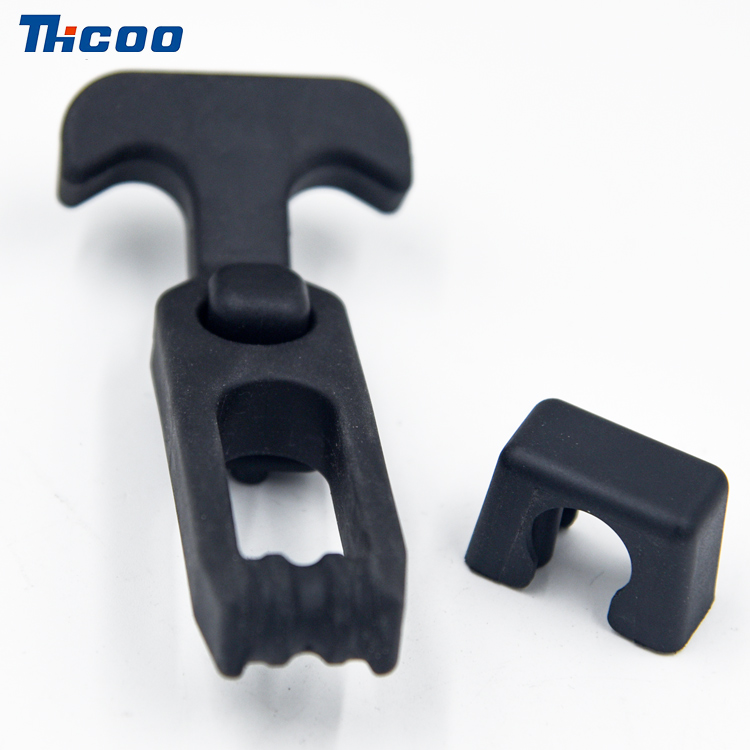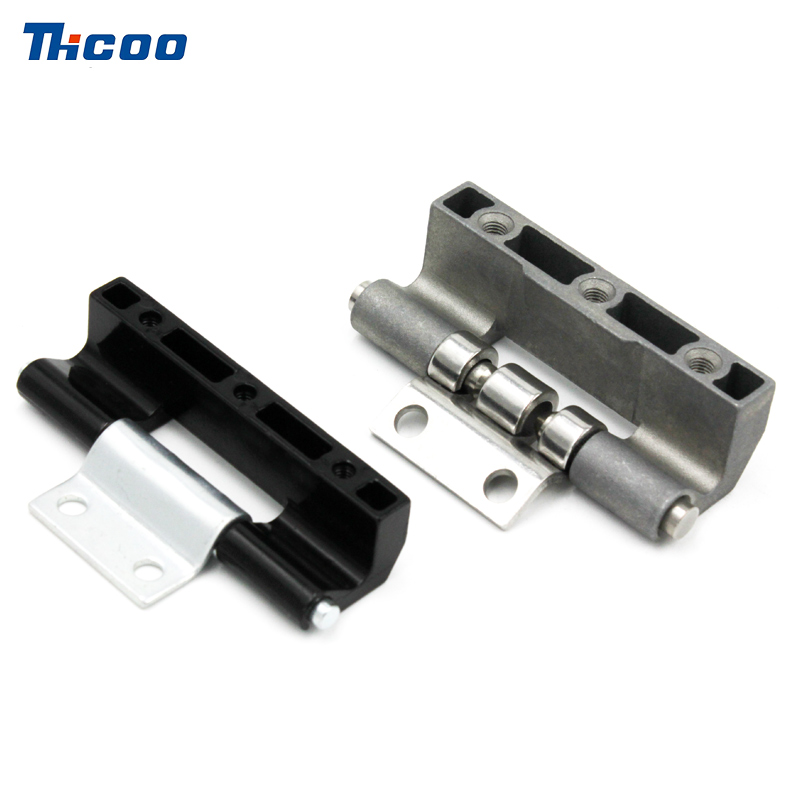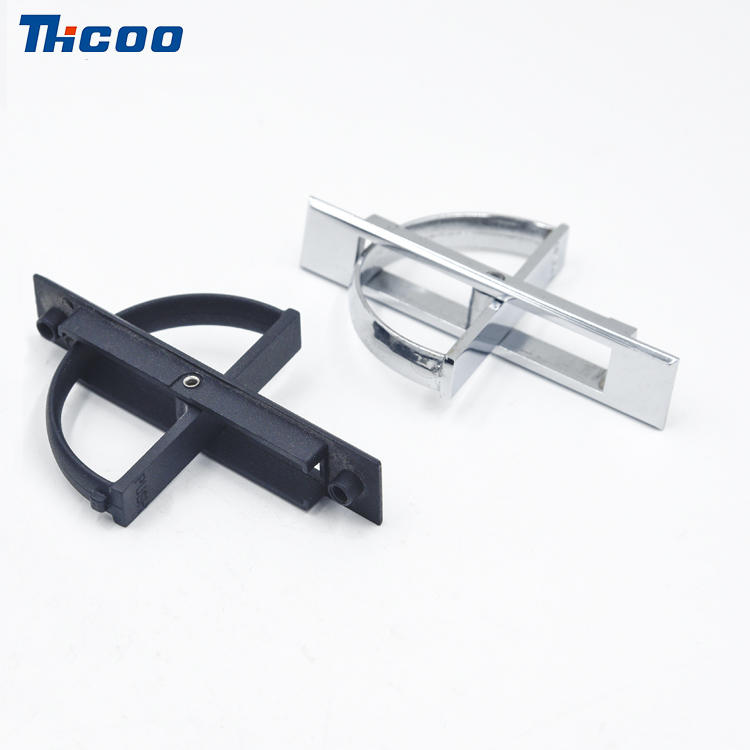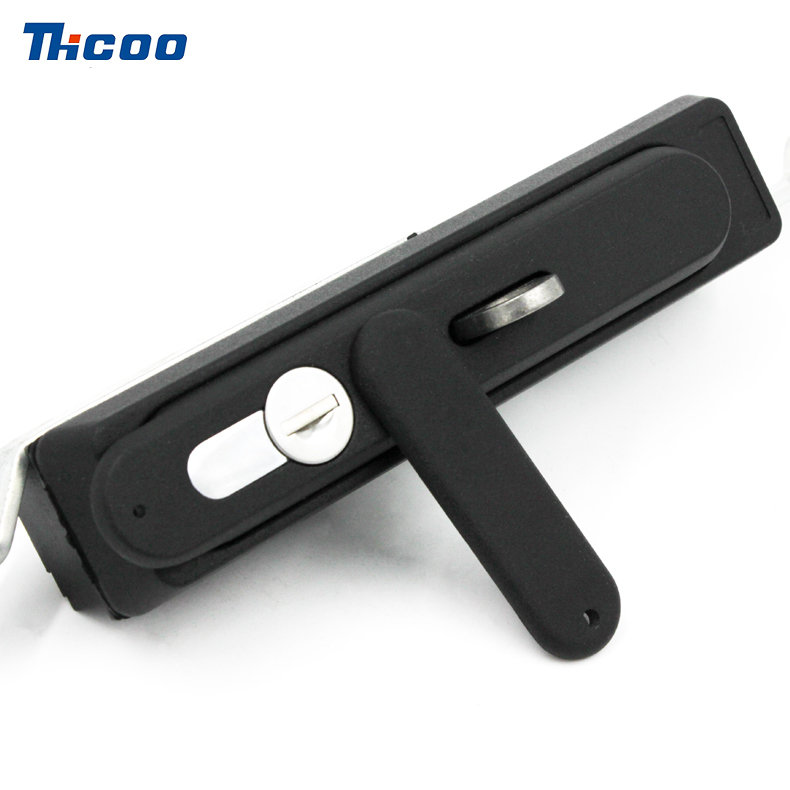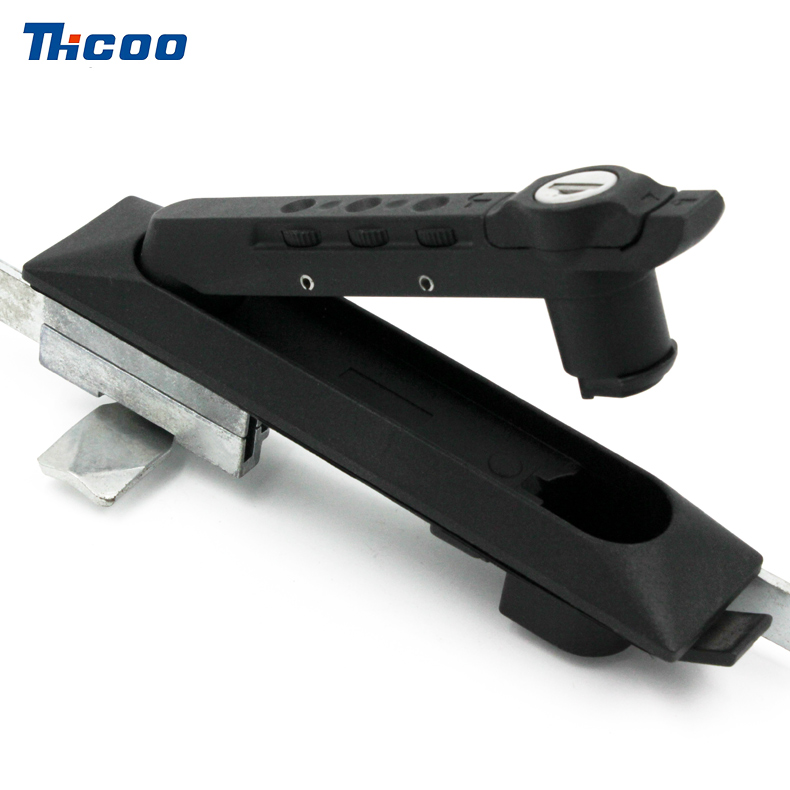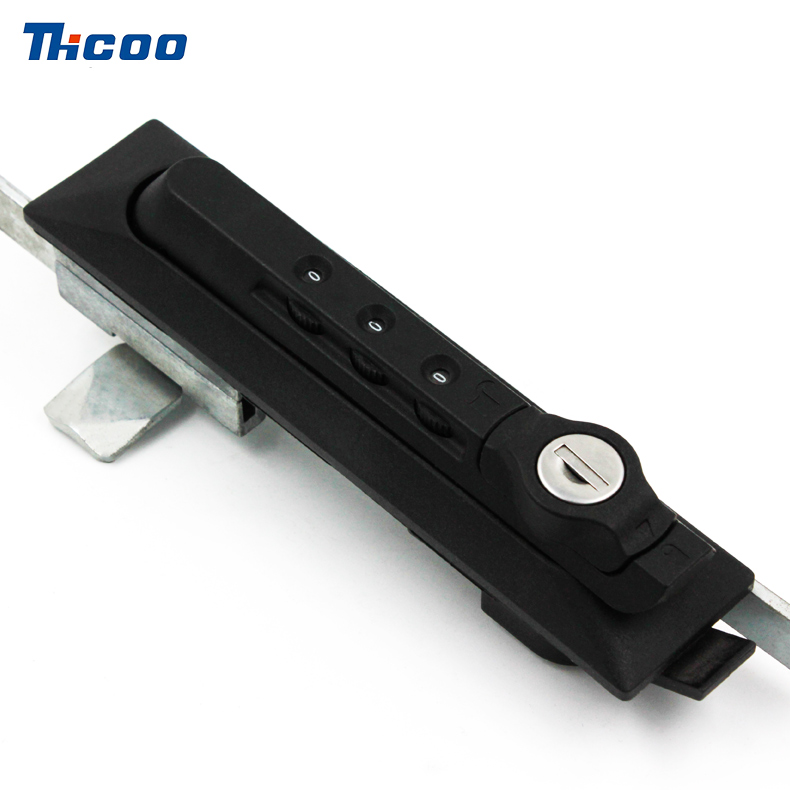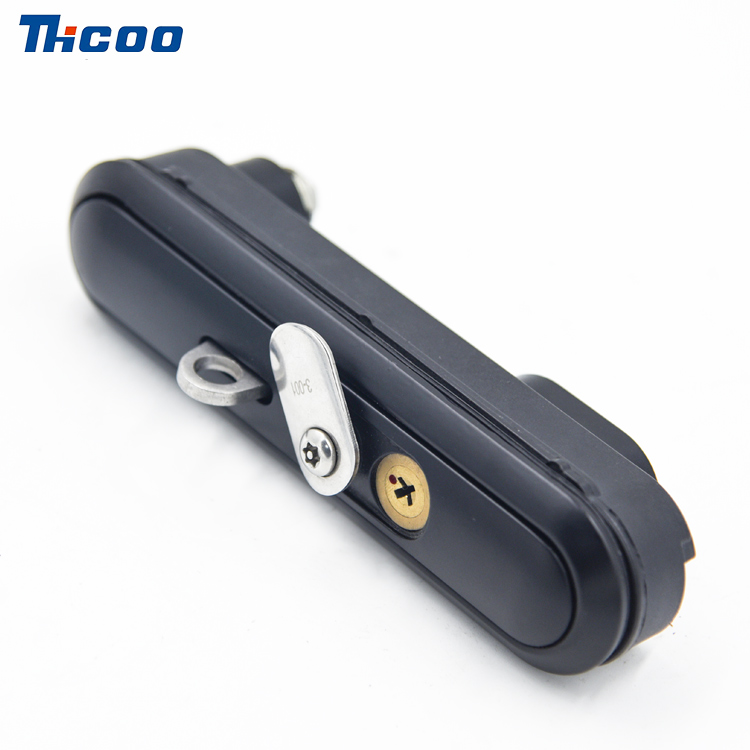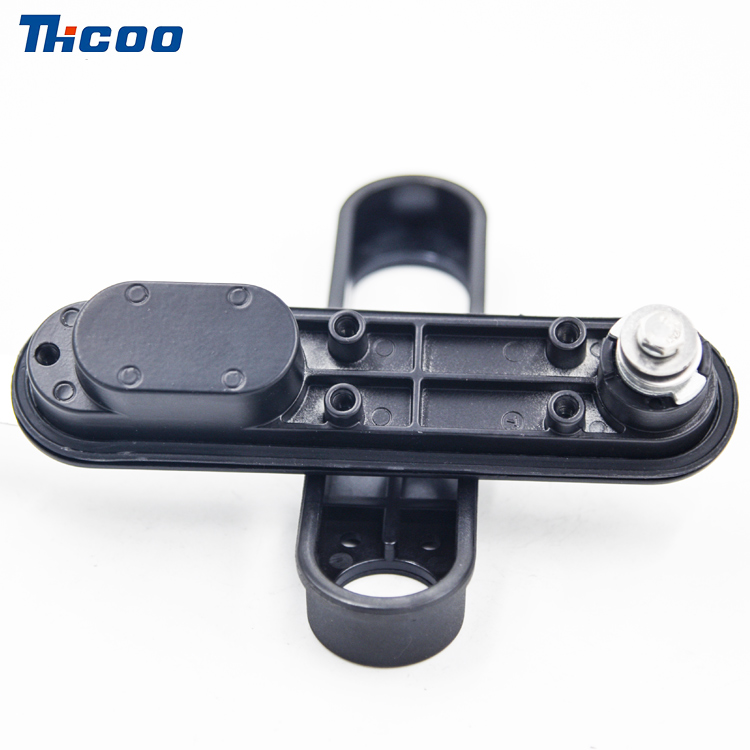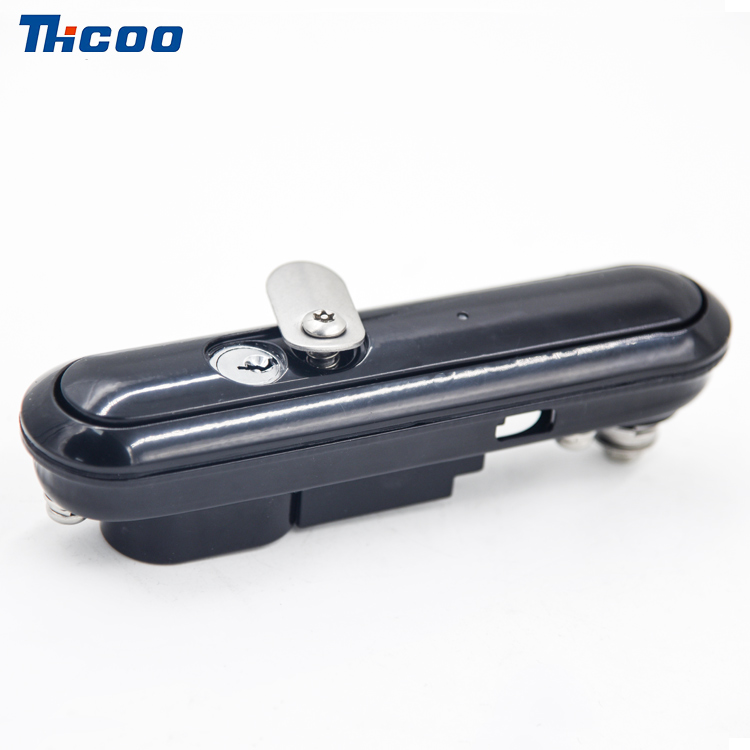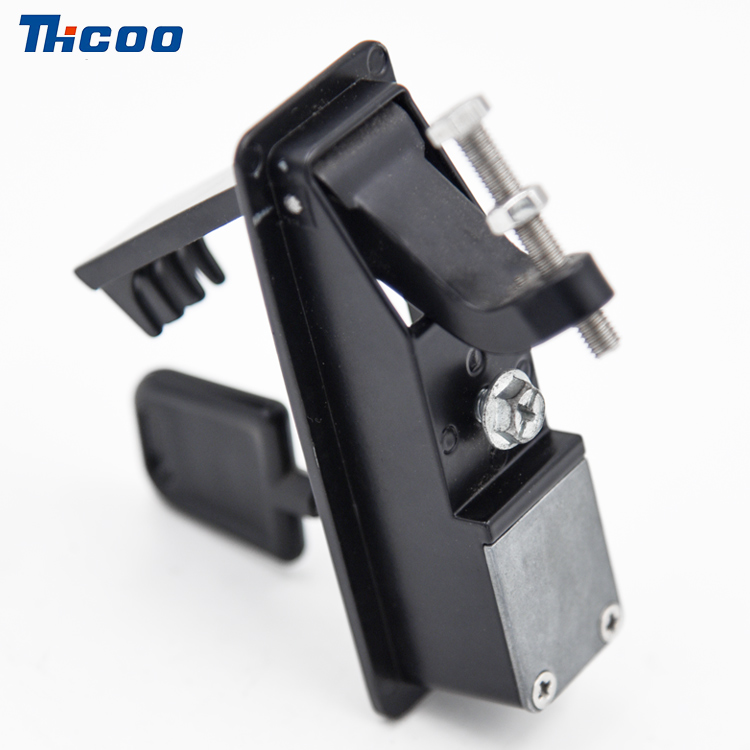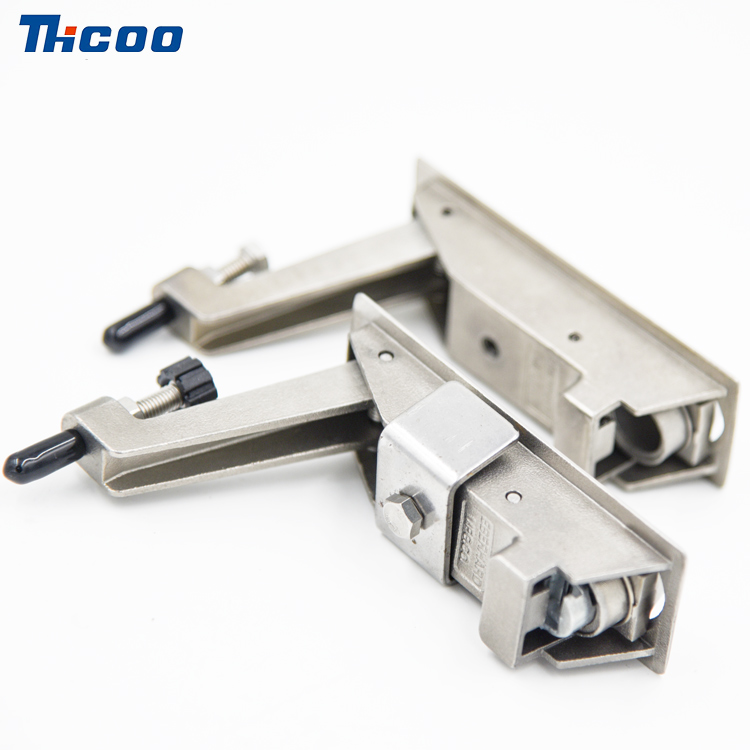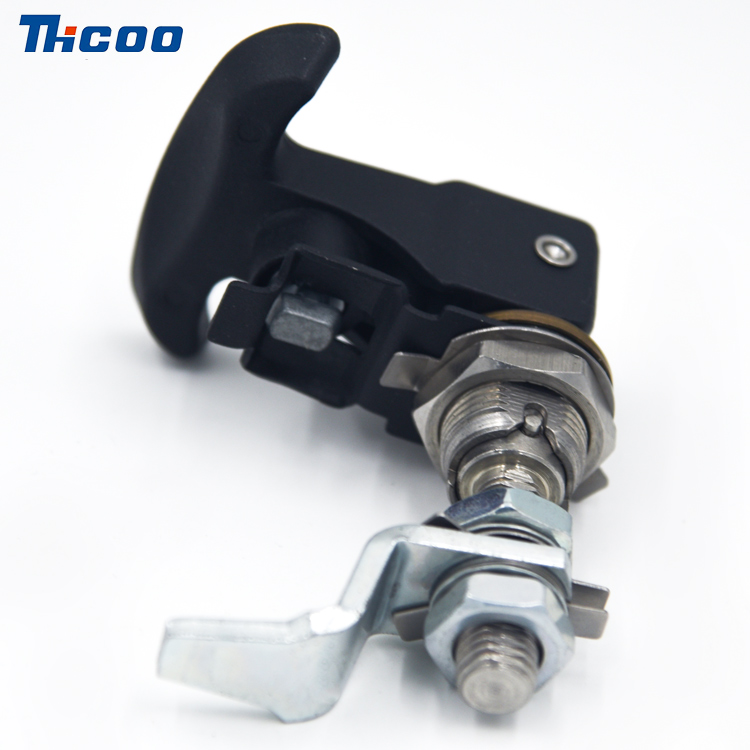Sure, but the effect is limited and there are precautions to be taken. To clean the stains on the door hinges with soap, it is necessary to judge based on the actual situation. The following are the key points:
1. Applicable scenarios (possibly effective):
Soft dirt mixed with grease and dust: Soap water (especially hot soap water) can effectively emulsify and dissolve common stains such as incompletely dried oil sludge, dust, fingerprints, etc. accumulated on the surface of hinges. Using a brush (such as an old toothbrush) dipped in soapy water to scrub can usually remove such dirt.
Slight residue on the surface: For stains that have just been stained, have not deeply penetrated or solidified, soapy water can be used as a preliminary cleaning method.
2. Poor effect (stubborn stains):
Dry and heavy grease/lubricant: Soap water has weak ability to decompose old grease or lubricant that has been accumulated for a long time and has hardened and deteriorated, making it difficult to completely remove.
Rust: Soap water is completely unable to remove the rust that has already formed on the door hinges.
Mineral deposition (scale): White hard scale formed by calcium and magnesium ions in water, with poor solubility in soapy water.
Adhesive stains or paint spots: ineffective against pollutants such as adhesive and paint splashes.
3. Potential risks and precautions:
Residual moisture leads to rusting (steel hinges): If the moisture is not thoroughly wiped dry and dried after cleaning, it is easy to penetrate into the gaps of the hinges, accelerating the rusting of steel components, which is not worth the loss. This is the most important risk.
Possible damage to lubrication: Soap water can wash away the existing and effective lubricant inside the hinge. After cleaning, it is necessary to re lubricate, otherwise the hinge will become dry, make abnormal noises, and even wear out.
Not ideal for certain materials:
Brass/copper alloy: Frequent use of soapy water for cleaning may cause a dull luster or accelerate oxidation (although milder than acidic cleaners, it still needs to be dried as soon as possible and protected with oil/wax).
Some coated hinges: Strong alkaline soap or vigorous scrubbing may damage the surface coating.
Incomplete cleaning: Soap water is difficult to penetrate into the gaps inside the hinge shaft core to remove stubborn dirt.
4. Operation suggestions (if using soapy water):
Use mild neutral soap: Avoid strong alkaline soap.
Control water volume and soaking: Try to use a damp brush or cloth dipped in soapy water to scrub, avoiding direct flushing or prolonged soaking of hinges, especially in areas with gaps.
Be sure to thoroughly rinse and dry: Use a slightly damp cloth with clean water to quickly wipe off soap residue, and immediately use a dry cloth, cotton swab, compressed air, etc. to thoroughly absorb all moisture, especially at the shaft core and gaps. It is best to leave it in a dry and ventilated place for a period of time.
After cleaning, it is necessary to re lubricate: After drying, immediately use a lubricant suitable for the hinge material and purpose for sufficient lubrication.

 English
English Deutsch
Deutsch 简体中文
简体中文 languages
languages 

